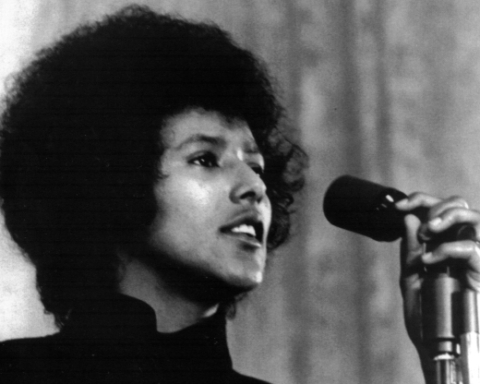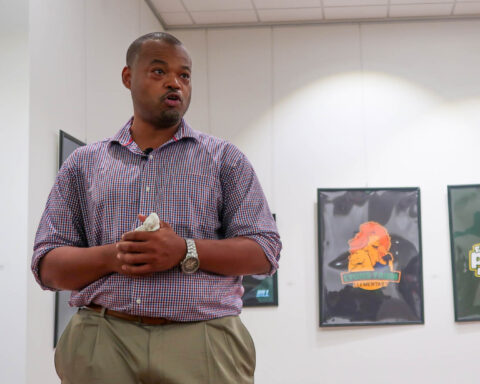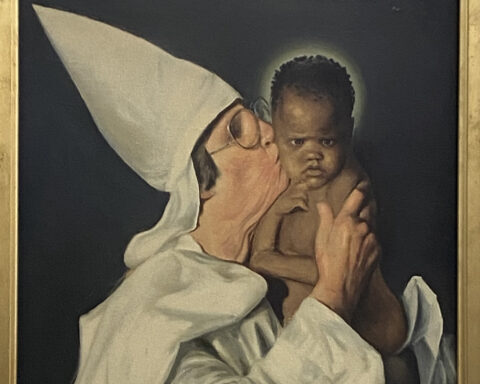Singer, performer, and humanitarian Josephine Baker broke barriers in the 1920s.
Not only did she open doors for women of color in the entertainment business, she also spent most of her life determined to bring an end to segregation and discrimination altogether.
Born Freda Josephine McDonald in St. Louis, Missouri, she always knew she wanted to be an entertainer. Her mother was a washerwoman who also carried a history in music, and her father was a vaudeville drummer.
Baker was raised in poverty, learning hard work first hand at a very early age. At eight, she was cleaning houses to help support her family. She began dancing on St. Louis streets for nickels and dimes and later became a chorus girl for The Dixie Steppers.
At 17, Baker moved to Paris to pursue her dreams and escape racism in America. There, she performed at La Revue Negre, a musical performance created in 1925.
The following year, Baker received a lot of recognition for her “La Folie du Jour” performance at Folies Bergère music hall. She performed her famous dance, “Danse sauvage,” which she wore a skirt made of fake bananas.
The banana skirt performance elevated her to a celebrity-type status, and Baker became one of the highest paid performers in Europe.
As Baker’s success grew in France, she landed singing roles in movies such as “Zou-Zou” and “Princesse Tam-Tam.”
Returning to the U.S. to perform in the Ziegfield Follies (theatrical revue productions on Broadway) and claim fame in her home country, she was met with rude and racist reactions. Refusing to perform for segregated audiences, Baker received threatening phone calls from people who claimed to be the Ku Klux Klan.
Visiting the U.S. again in the 50s and 60s, Baker was refused service at the Manhattan’s Stork Club. Baker accused the club of racism. During this time, she was also falsely accused of being a Communist by columnist Walter Winchell. After the publicity of Winchell’s comments, Baker was informed that she was no longer welcome in the U.S.
That only added fuel to her fire. Baker then decided to become a citizen of the place that welcomed her with open arms: France.
During World War II, Baker worked for the Red Cross and performed for troops in both Africa and the Middle East. Additionally, Baker served as an honorable correspondent for the French Resistance smuggling secret messages on music sheets, and a sub-lieutenant in the Women’s Auxiliary Air Force.
In 1961, Josephine was awarded the Legion of Honor, France’s highest award.
Baker also made it a priority to contribute to the Civil Rights Movement. She boycotted clubs and concert venues and spoke alongside Martin Luther King Jr. in the March on Washington. For her efforts fighting racism and segregation, the NAACP named March 20th Josephine Baker Day.
In 1975, Baker performed at the Bobino Theatre in Paris, celebrating the 50th anniversary of her Paris debut. Tragically, Baker passed away that same year in her sleep of cerebral hemorrhage at 69.
She is survived by her be 12 adopted children, whom she called the “Rainbow Tribe.” Each child was of varying racial and ethnic backgrounds. Her family of adopted, racially diverse, children are a picture of her ideal world, one where segregation no longer exists.
“I believe if the white and colored people could get together and be let alone, they would understand each other and consequently love each other.”


















